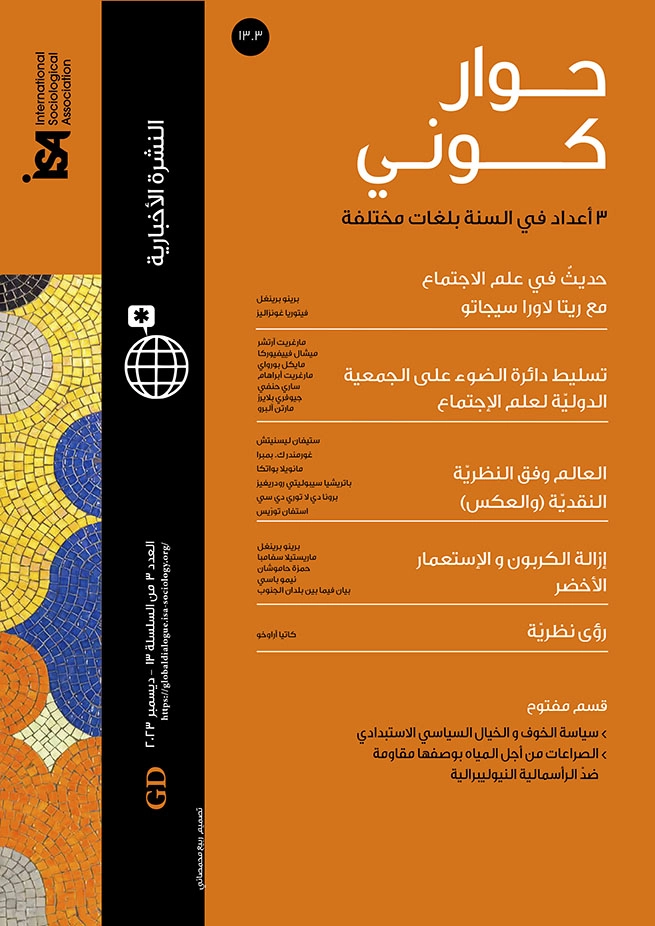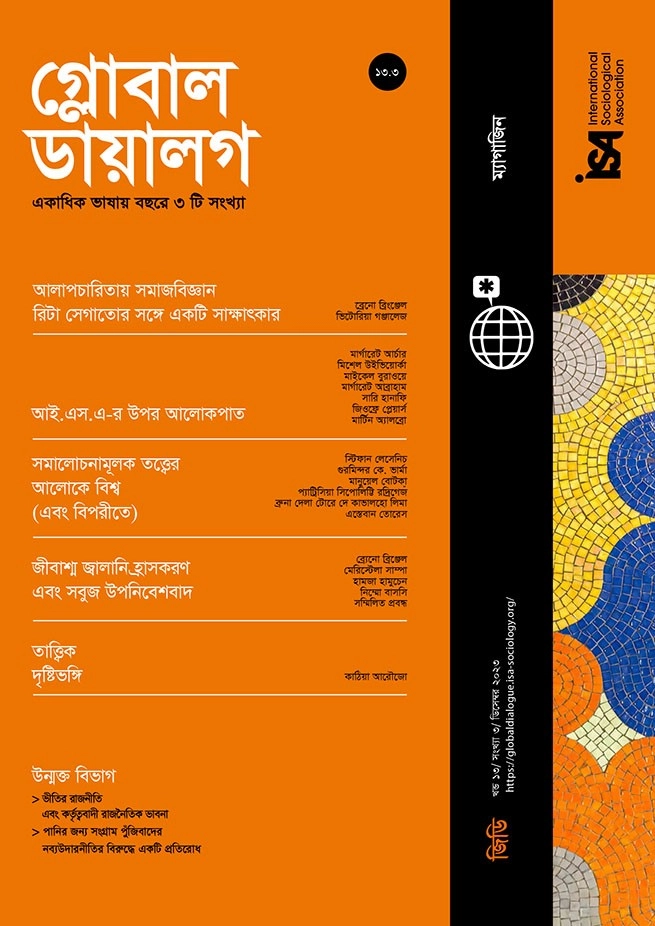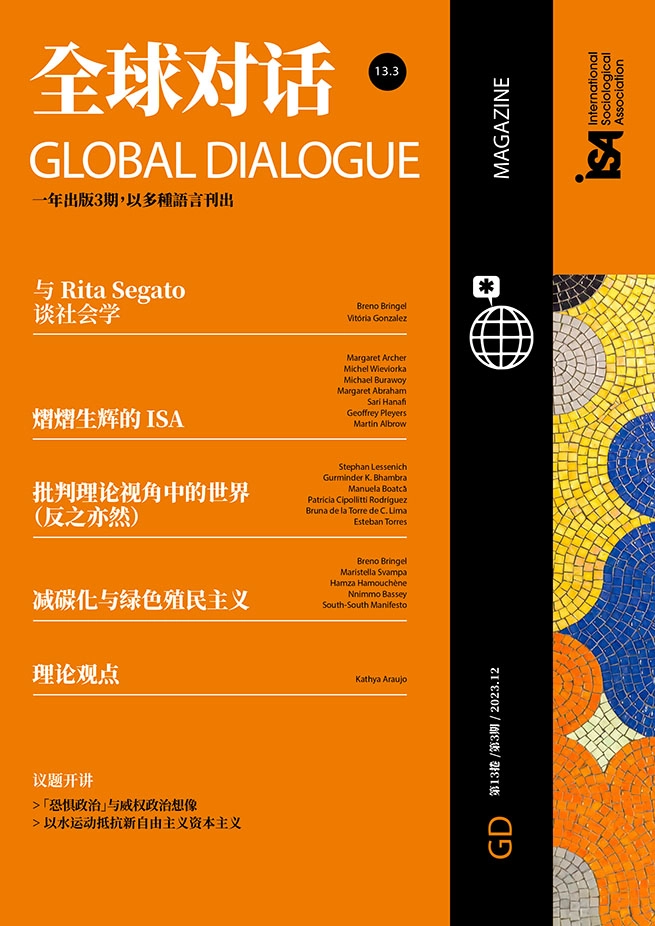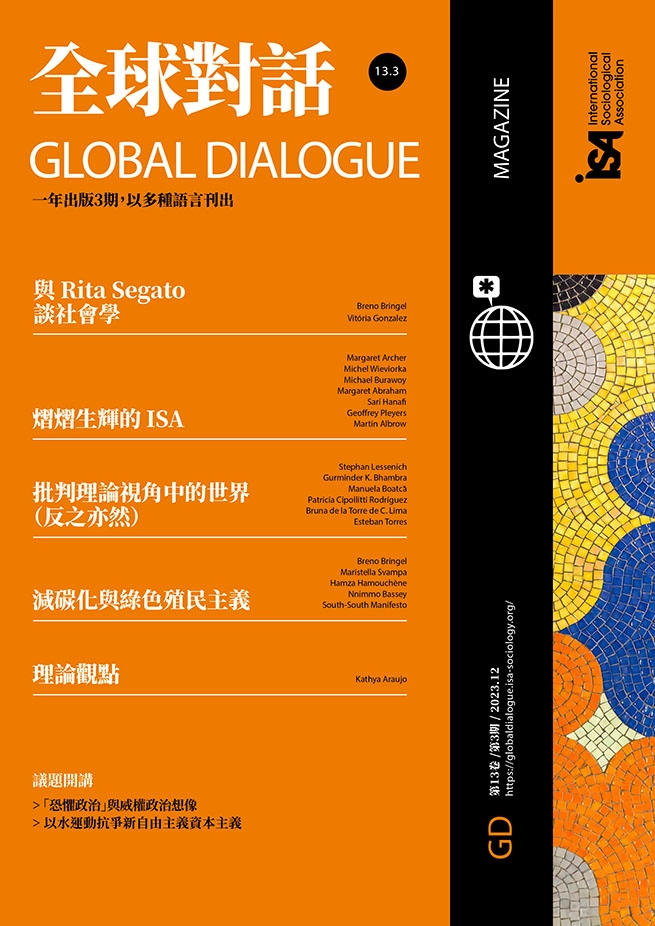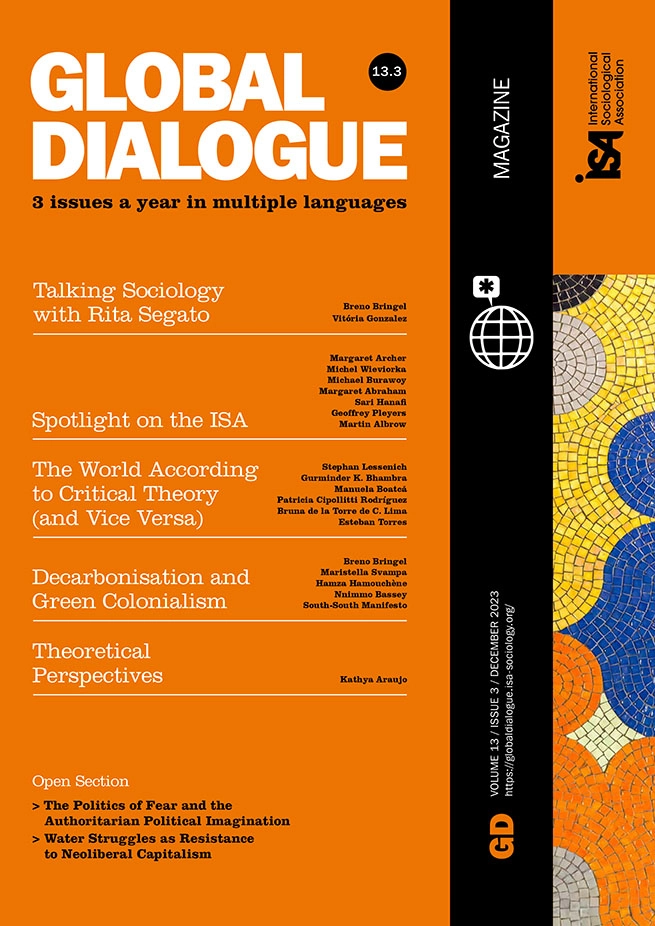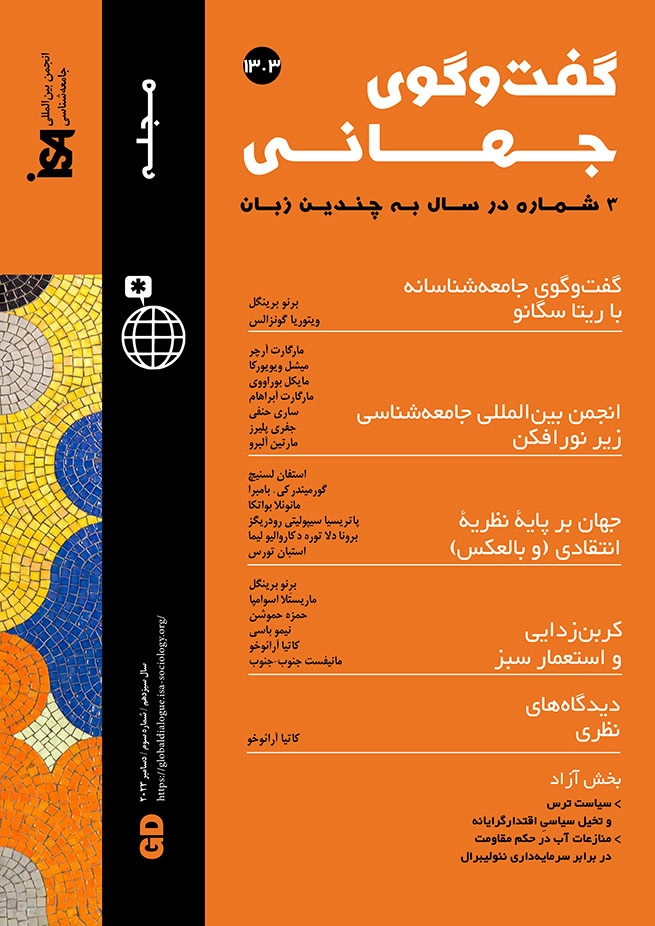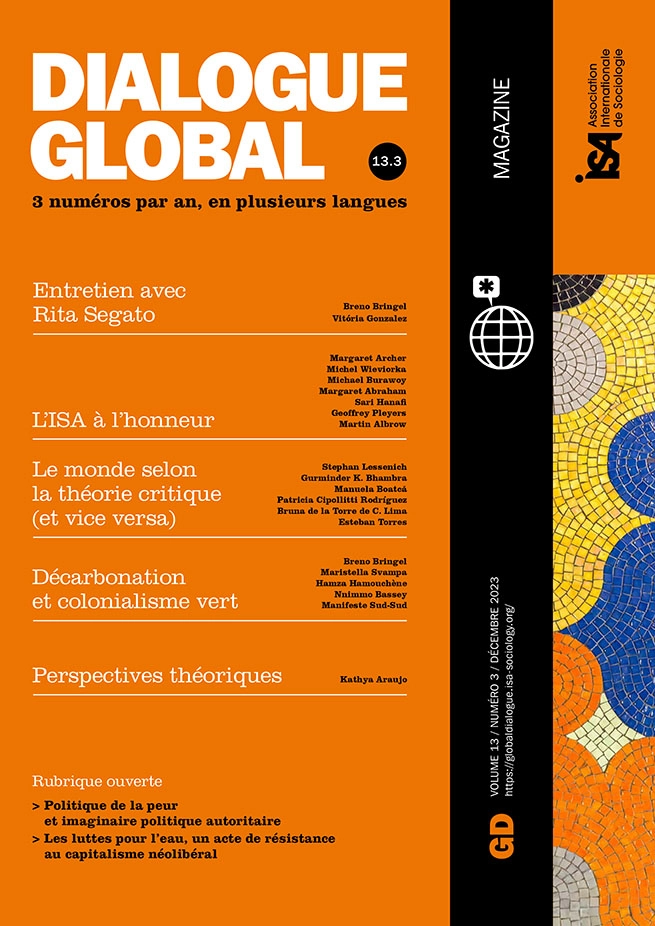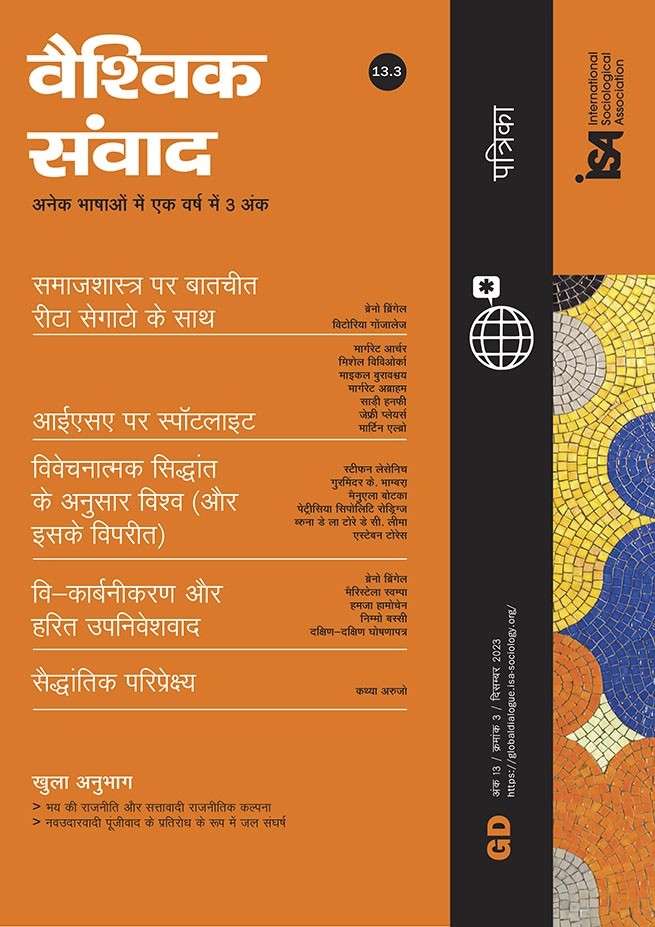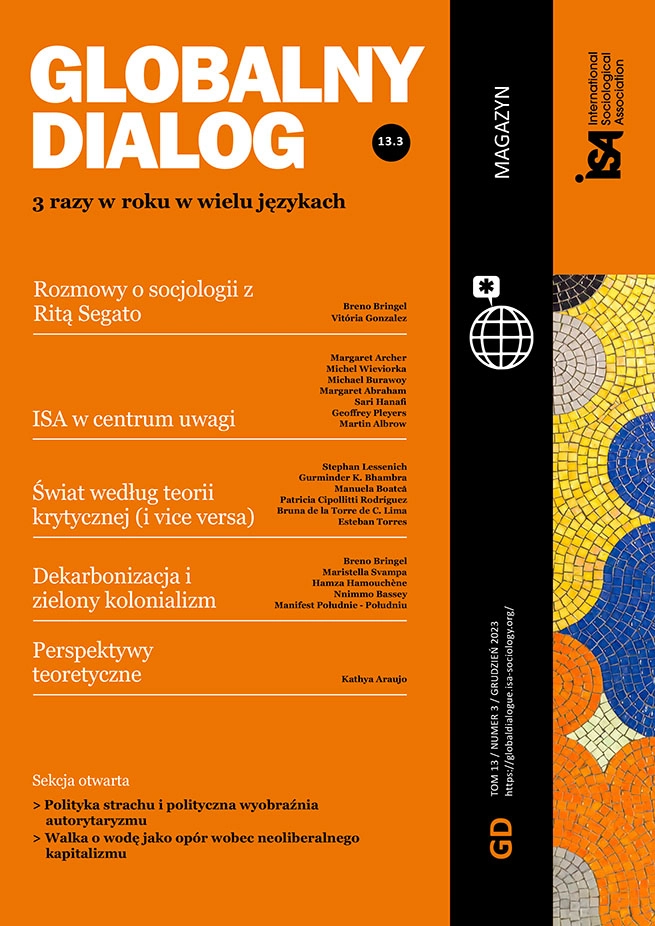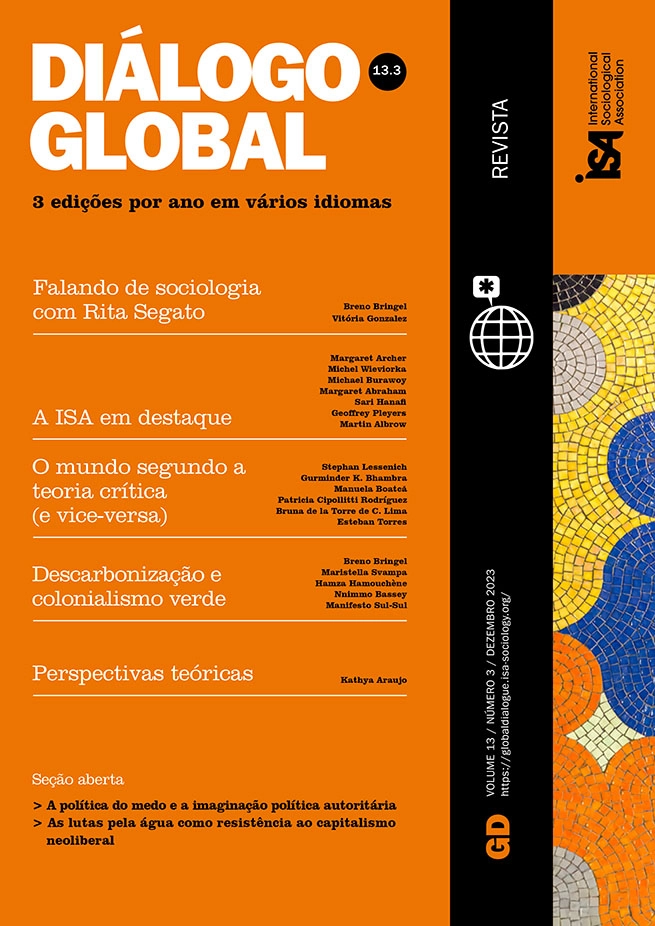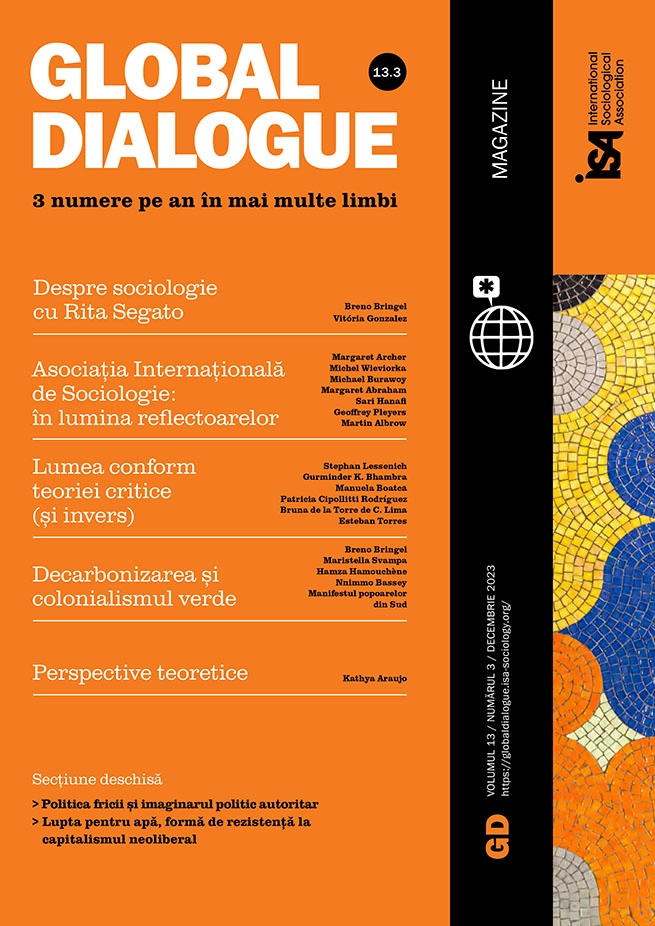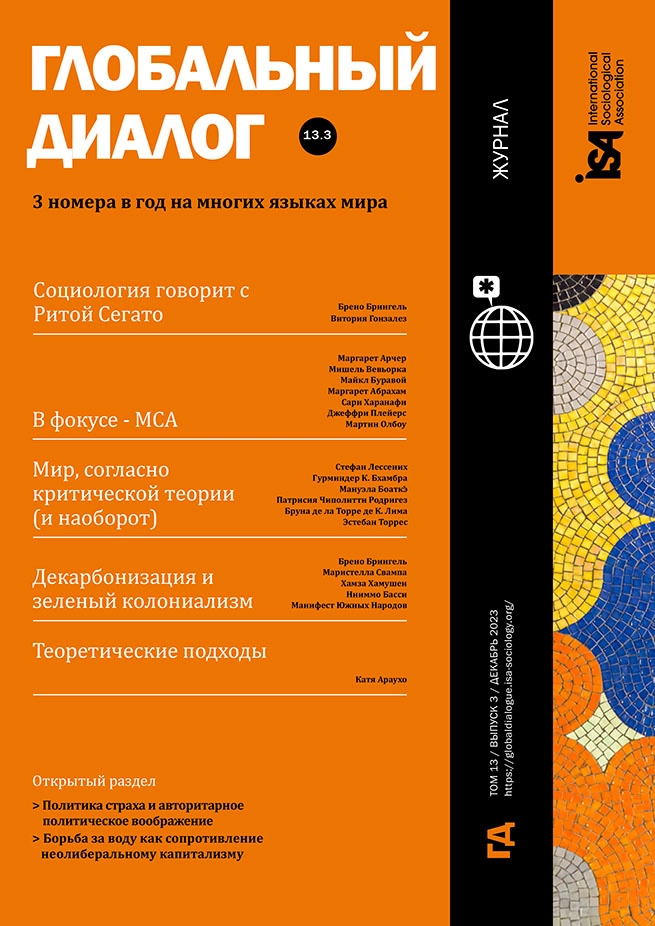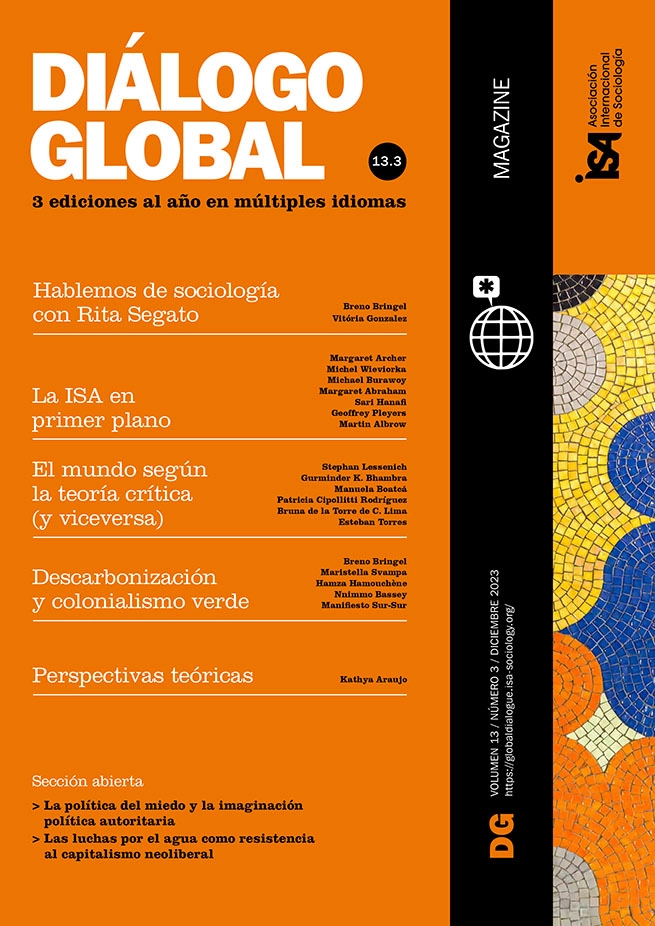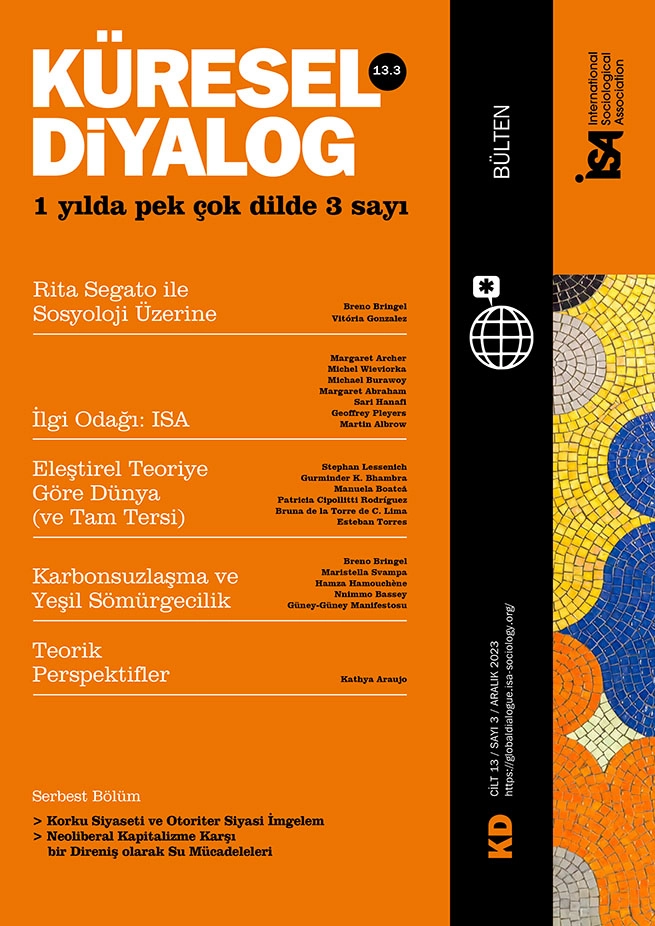“Culture industry” is a controversial concept.
Adorno and the culture industry
Despite Theodor W. Adorno’s many reservations regarding the use of the expression “mass culture” as analogous to the concept of “culture industry,” the latter is still generally identified with an (immense) collection of cultural goods. In many branches of sociology, “culture industry,” or some aspect of that industry, has become synonymous with cultural goods, such as television or radio. In his debates with Helmut Becker, Adorno warned us not to approach television per se but only in conjunction with the rest of the culture industry system: studying culture industry only empirically is limited as its effects can only be perceived over decades of exposure. In Dialectic of Enlightenment, however, Adorno and Max Horkheimer describe culture industry as a “system” composed of “radio, cinema, and magazines.” This is an aesthetic and cultural system, but perhaps most importantly, a system of socialization and an apparatus that manufactures desires and identification with reality. The concept entails a labor-related aspect overlooked by scholarship since it is a counterpart to work: a reverse mirror of Fordist society. However, it is also a political theory of culture.
Media and the rise of fascism
The cartelization of culture during the Weimar Republic and its concentration in reactionary hands, personified by Alfred Hugenberg, led Adorno to consider the relationship between the media and the rise of fascism. On the one hand, radio had transformed anti-democratic agitation; on the other, the social form of the culture industry, through which subjectivities are undermined and identifications with superstars are produced, paved the way for fascist political leaders while appearing as “a disinterested and supra-party authority.”
In Aspects of the New Right-Wing Extremism, Adorno comments on the rise of the NPD (Nationaldemokratische Partei Deutschlands), whose secret of success was related to the concept of “organization.” The NPD presented itself as a movement beyond any partisan sectarianism. This “movement” simulated a detachment from the traditional form of the “party,” distinct from the political and economic interests that guide the institutional Realpolitik. Moreover, it did so through propaganda, argues Adorno. From his thought-provoking remarks, we can infer the original thesis: culture industry could be the new “organization.” Such an industry can replace a mass party in structuring and diffusing fascism.
Although Adorno turned “culture industry” into a research agenda throughout his work, even he could not foresee the proportions and scope that this system could assume.
The disinterested authority of the Internet displaces the old politics
Before the advent of the Internet, anti-democratic agitators needed to personally go to schools, churches, radio stations, factories, television studios, and so on. In all these spheres, access was governed by specific rules and was limited. Culture industry under Fordism had already been one of the main instruments of fascism by carrying, via the radio, the street agitator into the living room. However, it did not take the place of the party. The latest development of productive forces, i.e., the emergence and importance within contemporary society of social networks, has broken down any barriers to this type of agitation, delegitimizing even the most traditional means of communication and taking the traditional mass party out of the picture. Social networks exhibit more social capillarity than any organization ever yearned for.
The infrastructure in question also created the material basis of this “digital culture industry” and the “cultural” form it takes. The binary device of “like/dislike,” the lock-in effect linked to the monopolization of the sector, the manipulation of emotions through targeted advertising, and many other well-known features have provided the model for virtual sociability and the forms of socialization connected to it – not to mention the use of stratagems such as bots for purposes of political manipulation in social media and networks.
Furthermore, the success of this new right-wing radicalism is due to the fact that the culture industry, in its digital version, continues to present itself as a “disinterested authority.” Its economic character is hidden behind the “free nature” of its products and is made even more nebulous by the fact that we are the ones who produce and share most of the content feeding it. As a “disinterested authority,” it not only presents itself as something that “hovers” above traditional parties but also becomes the ideal vehicle for right-wing movements that aim to appear as an alternative to the old politics.
The new right-wing radicalism and social networks
Hence, there is convergence between a highly comprehensive objective apparatus and a model of subjectivation that immensely favors the extreme right. The new right-wing radicalism mobilizes a policy refractory to dialogue and reflection, which is deeply connected to the features of social networks due, for example, to: the policy of attention engagement that favors radicalization through the use of click baits with strong emotional appeal; the ability to produce the feeling of political participation; the algorithms that choose what people consume, which, in turn, produces content circularity and the exclusion of everything diverse, facilitating the formation of in-groups and out-groups. As Joseph Vogl suggests regarding platforms, the digital culture industry becomes para-democratic.
These elements, among others, enhance local authoritarianisms, whose bases can be extremely varied, expanding them to make them significant for political life. In the Global South, where democracies have been historically weakened by colonialism, the effects of culture industry can be even more profound, which reveals an underexplored facet of the concept: its imperialist unfolding. In this sense, culture industry could also be a theory of cultural imperialism.
The rise of the far-right worldwide has reignited interest in the Frankfurt School’s studies of authoritarianism. Even so, ‘culture industry’ has not been considered an essential concept to apprehend this phenomenon. The future of critical theory (and the world) is undoubtedly linked to expansion, acute revision, and further development of how the culture industry works. And our critical task remains that of not being in accord with the world.
Bruna Della Torre de Carvalho Lima, Frankfurt University, Germany, and University of Campinas, Brazil <brunadt@unicamp.br>




